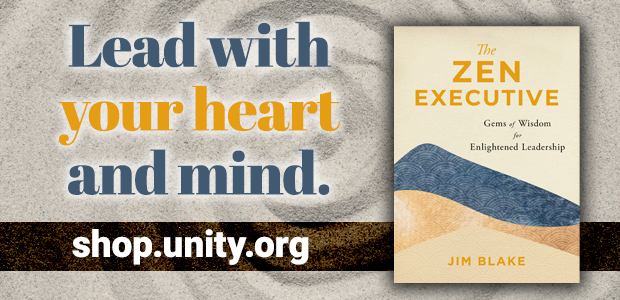Creating a Practice of Acceptance
Why acceptance matters in order to move us forward.
Let’s talk about how to recognize resistance and its impact on our experience, as well as the practice of acceptance and its benefits in our paths to live happier, healthier, and more peacefully.
If you are a sci-fi fan, you will be familiar with the often-quoted saying, “Resistance is futile” from the Star Trek series. I wonder whether the writers understood they were peppering the world with an ancient universal truth as well as a powerful life lesson.
You see, resistance to anything that has shown up in our lives really is futile. Whatever is before us has already occurred, and there is nothing we can do in this moment to change the fact that this circumstance is now here.
Wishing things were different
This is where it gets troublesome. The natural human instinct is to resist anything we don’t want in our lives. As a result, our minds begin to chatter, and often we create our own suffering for hours and sometimes days because we are unhappy with the current situation.

We expend copious amounts of time and energy agonizing over the unwanted situation, wishing things were different, complaining and suffering mentally and emotionally in an effort to resist what is.
Resistance is futile because we really cannot change what is before us. However, we can change everything that happens after an unwanted circumstance shows up.
This is where the practice of acceptance comes in.
Many people misinterpret the meaning of acceptance by assuming we just become doormats to life and accept every circumstance that shows up, giving up our power to do anything. That is not at all what this practice is about.
Acceptance means focusing on solutions
It is actually quite the opposite. The power and practice of acceptance is a method for allowing us to move beyond the needless suffering of the experience and move more quickly to focus on positive action steps to deal with our circumstances.
Here’s an example:
Let’s combine our mind, energy, and emotion and think of them as a computer processing engine. Let’s pretend that each day we have a limited amount of processing power in this computer processor. As luck would have it, an unwanted circumstance shows up in our experience—a problem at home, something goes wrong at work—you choose the scenario.
The moment this unwanted situation shows up, we have two options for using the limited power in our computer processor. We can spend our power in a state of denial and resistance, complaining and agonizing. Or we can quickly accept what is and use our minds, energy, and emotion to focus on how we can solve or move through this experience without the needless suffering our minds generally create for us.
The practice of acceptance is not about lying down and letting life events run over us but rather minimizing the wasted time in resisting those unwanted events, minimizing our own internal chatter/suffering about them, and moving quickly to the next steps to move past the experience.
We can choose to accept the situation, knowing that we would prefer something else to happen, and focus our attention on putting a more preferable experience in its place. There is an old saying, “Change is never painful, only the resistance to change is painful.”

Allow feelings to flow
It is important for us to note that even with the practice of acceptance, some life events—although we are not resisting—still can and will be painful.
Serious health issues in ourselves, close friends, or family members; death, or any major loss or change in circumstances can result in emotional or physical pain.
The caution here is that pain and suffering are not the same thing unless we are in a state of resistance. The healthiest approach is to be completely open to the truth of what we are experiencing, fully feel and express our emotions (don’t suppress them), and allow them to flow through us.
It is perfectly normal and healthy to express our emotions around serious life events. Our practice is to minimize the resistance and struggle by focusing on positive and healthy steps to recovery and dealing with these events.
The next time an unwanted circumstance shows up in your life, may you pause, take a deep breath, and be thoughtful about where you choose to spend your time, emotion, and energy. May you spend it not in a state of resistance but in a state of acceptance so that you may live healthier, happier, and more peacefully.
This is our practice, and practice makes progress.
#Practices4Life with Rev. Jim Blake are practical tips for living a happier, healthier, and more peaceful life. Some of these you and I will master, while some we will “practice” for the rest of our lives and may never master. The important thing is to keep trying. Because with every effort, we get better. And that is the ultimate goal: to improve and make this life experience better for ourselves and those around us.